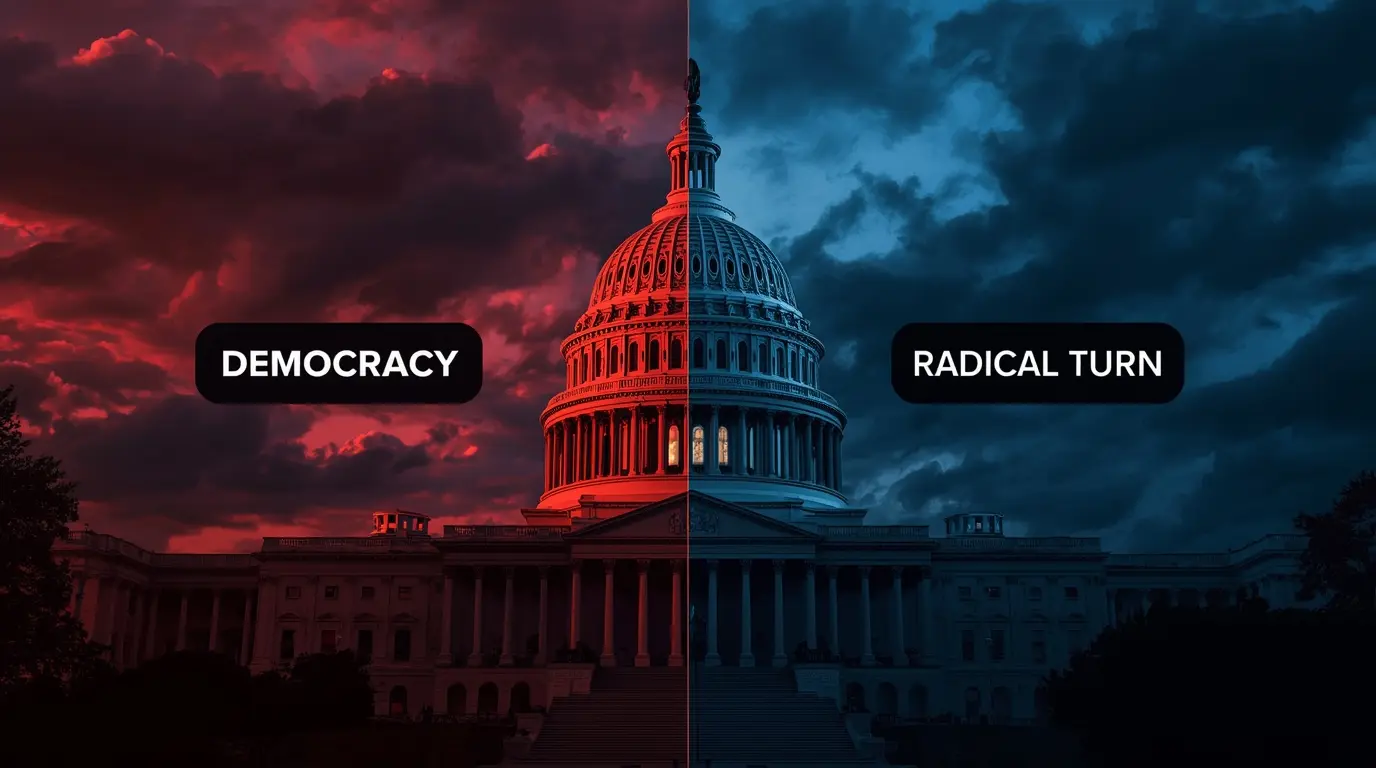Trump Asks Supreme Court for Help on Stopping Foreign Aid Spending During Ongoing Legal Battle
Washington D.C. – Ex-President Donald Trump has recently reached out to the Supreme Court about a contentious issue concerning billions in foreign aid spending, pressing that the government may need to spend $12 billion on “foreign policy priorities” dictated by the Obama administration unless the court acts quickly.
Trump’s lawyers argue that the judiciary and Congress are fighting over the jurisdiction concerning the executive branch’s power to spend or suspend certain foreign-aid expenditures that have already been approved by Congress.
Per the Trump legal team and the DOJ, a district court ruling has overstepped the executive branch’s power and may create “irreparable” damage to foreign relations if the State Department and USAID are forced to spend out the funds before the fiscal year runs out on September 30.
“The administration argued that this court intervention is necessary to stop the district court from exercising control like a supervisor of foreign aid funds.” Explain that while Congress has the power to allocate funds, the President has a constitutional prerogative to shape foreign policy and leverage funds in a manner that is most beneficial to the United States.
A Complex Legal Saga

The origins of this case date back to Trump’s 2019 proposal to either freeze or shift foreign aid funds, specifically those meant for global health, development, and humanitarian programs. This included the HIV/AIDS relief programs, the global health partnerships, and even democracy building activities in sub-Saharan Africa, Eastern Europe, and certain parts of Asia.
Some international aid and non-profit organizations took to court, claiming that the abrupt stop of funds would undermine the US’s credibility on a global level, endanger countless lives, and destroy projects years in the making. With this aid, a district court was able to lift the restriction on aid that Trump placed.
Trump’s attorneys asserted that the plaintiffs lacked standing to bring the lawsuit forward because they are not the legislative branch, which is the only body with the constitutional authority to contest changes a president makes to spending. That reasoning gained traction earlier this month when a three judge panel on the US Court of Appeals for the D.C. Circuit issued a decision granting Trump relief, specifically stating that “private entities do not hold the constitutional authority to enforce Congress’s spending prerogatives.”
Nevertheless, while that decision from the appeals court seemed a victory for Trump, the district court’s prior ruling still stands pending additional appeals, creating a procedural paradox.
The Need for the Supreme Court to Step In
Citing a hard September 30 cut off date, the Trump team argues that if the Supreme Court does not intervene by September 2, the administration will have to start the spending of money deemed unnecessary — billions of dollars of expenditures.
The filing describes the issue not as solely financial, but as a crucial geopolitical contention. The document states that forcing aid disbursement would diplomatically bind the United States to programs and international obligations that in Trump’s worldview undermine core national security principles.
Centrally to the dispute is about $12 billion in unspent foreign aid, a significant proportion of which was set aside by Congress for global health initiatives under PEPFAR, along with State Department-run democracy and development programs.
Both parties have historically supported U.S. foreign aid, perceiving programs such as PEPFAR as a symbol of American leadership. The Trump administration, however, was at odds with Congress when it came to foreign assistance, often questioning the value provided to taxpayers in return for billions spent each year.
Nonprofit Groups vs. Executive Power
The nonprofit organizations that initiated the lawsuit maintain that the dispute centers more fundamentally around the balance of power between the executive and legislative branches.
“This is a separation-of-powers issue at its core,” said one of the nonprofit’s lawyers. “The administration cannot simply use the funds as they please and ignore congressional allocations. There are life and death consequences for communities all over the world that depend on those funds.”
Trump’s lawyers, on the other hand, maintain that while spending legislation is the province of Congress, the President must be able to defer, reprogram, or block funding in the case of foreign policy needs.
Some officials worry that gaps in HIV/AIDS treatment programs in Africa might reverse decades of progress. Meanwhile, canceled programs to promote democracy could empower authoritarian governments.
A Return to the Supreme Court
The dispute reaching the Supreme Court is not new. In March, the justices voted 5-4 to not stay the lower court’s order, permitting further litigation. Now Trump is asking the court for more definitive action. This time, however, the appeals court has agreed with him on his standing argument.
Legal scholars highlight that the case can drastically change the landscape for executive power, congressional supervision, and U.S. foreign aid policies.
Today’s Political Landscape
The ongoing populism in the Republican party spearheaded by Trump has been filled with suspicion towards foreign aid, advocating that the US spends too much while ignoring pressing domestic affairs.
For their part, Democrats consider Trump’s approach as putting politics over humanitarian aid, placing vulnerable populations abroad at risk while furthering an America First agenda.
The deadline for the spending is nearing. Should the Supreme Court rule in Trump’s favor, they can sustain the funds until judgment. But denial means the administration is forced to spend billions in the blink of an eye.
Broader Implications

Along with the $12 billion in aid, the mechanics of government balance of power is under threat. If Trump wins, the ability of future presidents to pause or cancel overseas aid disbursement would dramatically reshape America’s standing in the world. If he loses, Congress’s grip on fund disbursement would be tightened, reducing the president’s ability to act decisively in emergencies.
The legal saga proceeding to the Supreme Court will impact the United States’ diplomacy, development, and even public health efforts for the foreseeable future.
Stay updated with reliable news:
Sports: Sport Flash HQ
Business: Biz Rush
Weather: The Climate Post
Travel: Neon Report
US Local: 24 Hour Bulletin
India Finance: The Lucky Ledger
General: The Chrono Post




